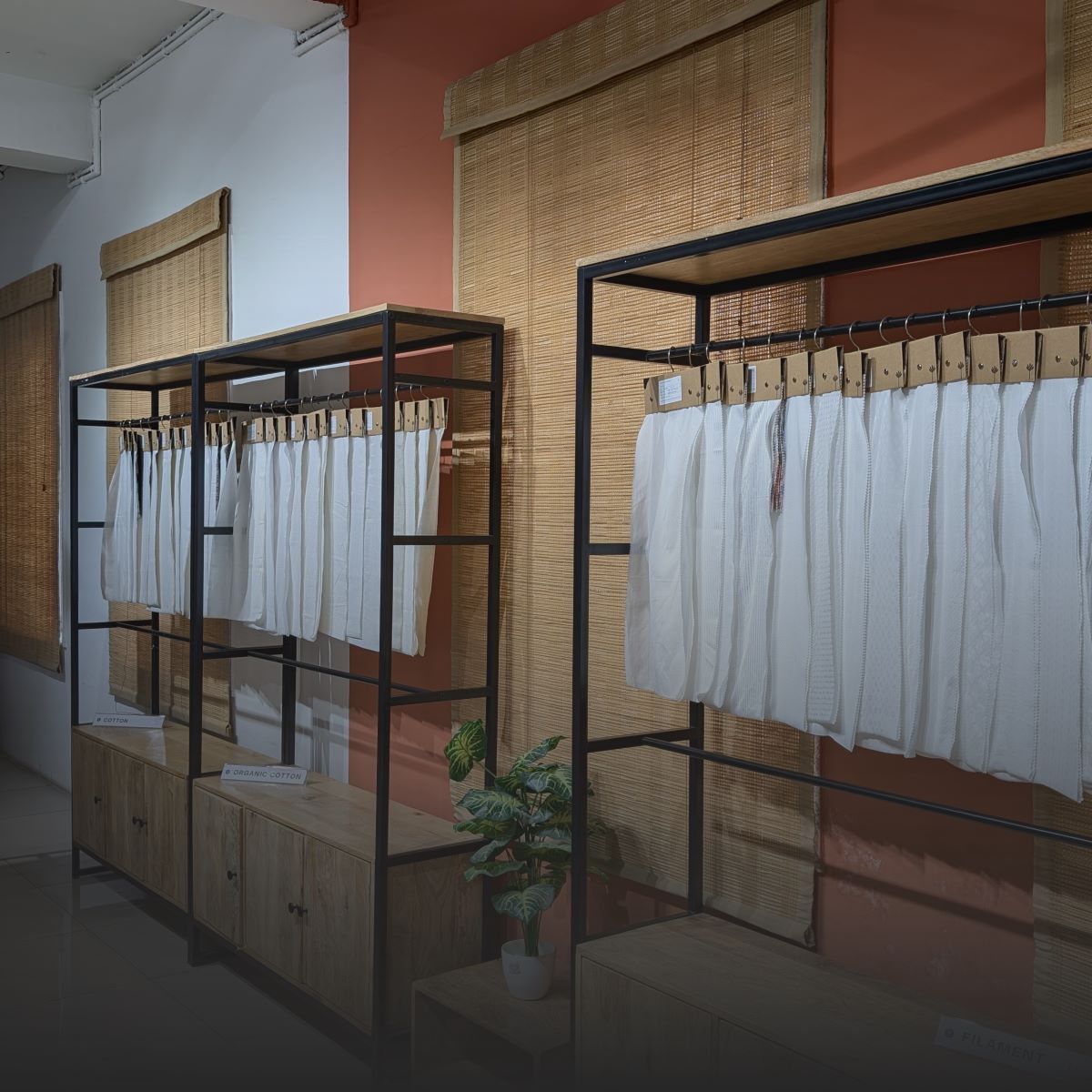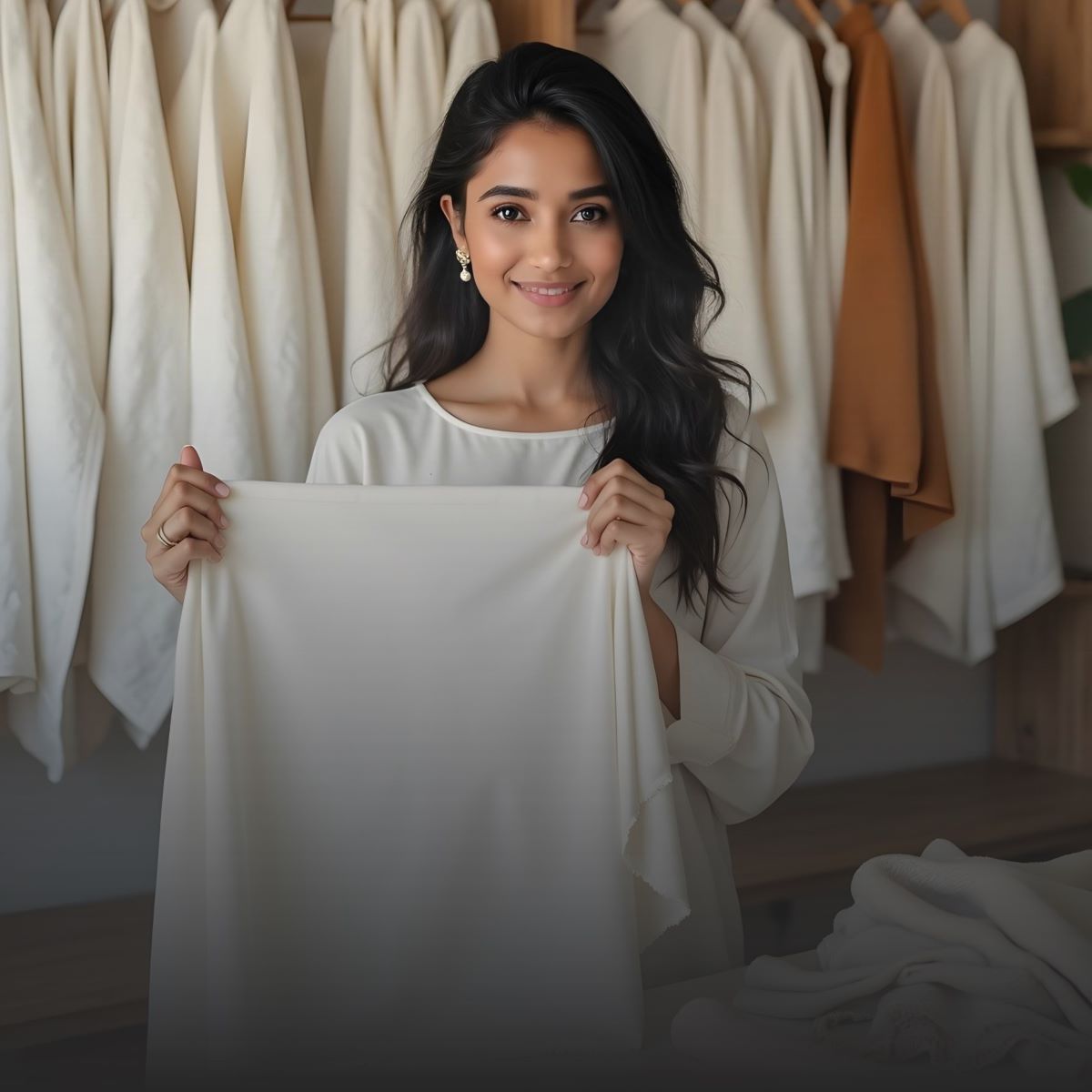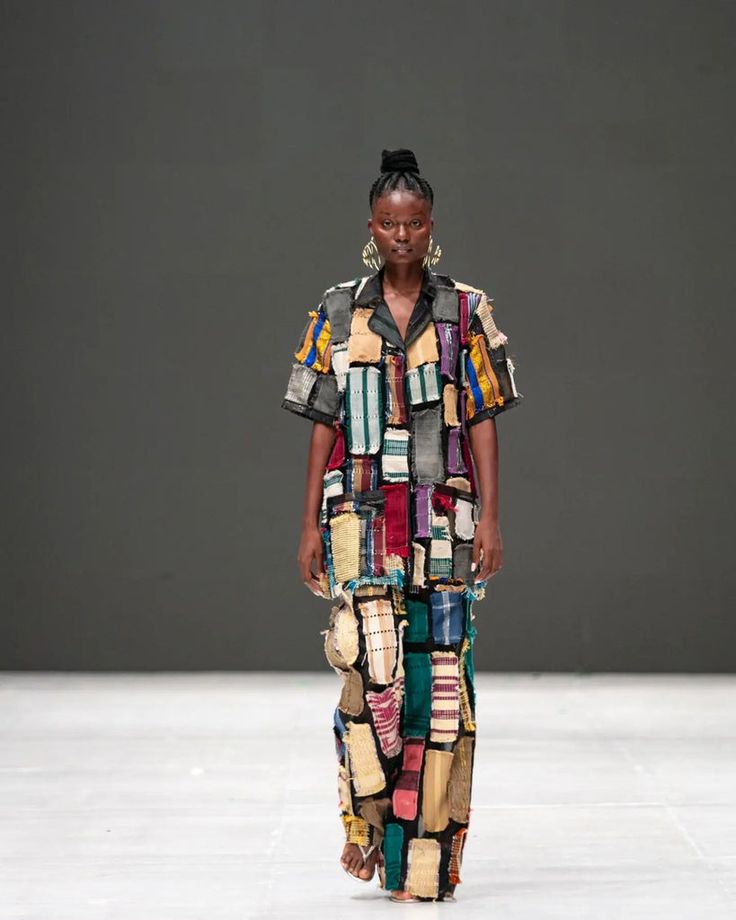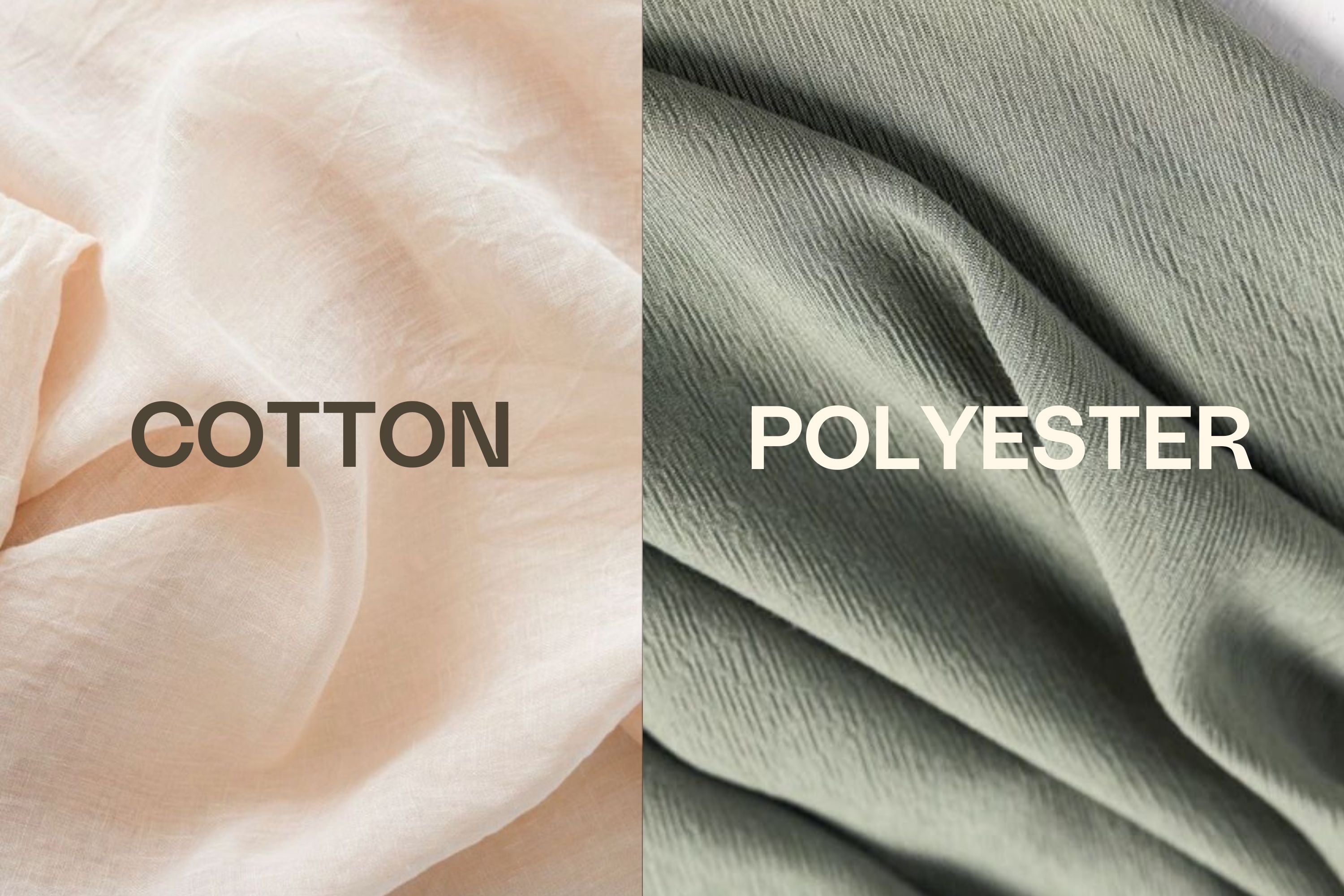Eco-friendly fashion is the latest fashion statement by diverse brands worldwide, and many are chicly going green. These clothes not only reflect the love for our planet but also offer excellent durability and comfort. Up-cycled and recycled fabric are rapidly becoming mainstream among designers and customers, who are today much more concerned about their eco-footprints.

Sustainable Fabrics: An Intelligent, Planet-Conscious Fashion Option
Sustainable textiles are primarily geared toward ensuring that the planet suffers as little damage as possible throughout the manufacturing process. This principle makes it possible for recyclable materials and the biodegradable ones to cut down the ecological waste. The sheer magnitude of waste composed by the global textile industry is staggering. Getting sustainability into fashion as well as other lifestyle changes has become so much more crucial than ever before.
A long time now, the fast-fashion sector has been throwing away waste of all forms, mostly microplastics, which is slowly killing the diverse ecosystems of both plants and animals.
Fabrics produced sustainably, such as cotton, linen, organic cotton, chiffon, Bemberg, silk, and viscose, are crafted to generate significantly less carbon waste compared to traditional materials.

How to Distinguish Sustainable Fabrics from Others
Many fabric materials are often misleadingly labeled as sustainable. However, there are specific standards in place that determine which fabrics are genuinely produced in an eco-friendly manner.
-
Skin-Friendliness
For a textile to be viewed as sustainable, it should be made with a minimum of chemical substances. Cotton that's grown using entirely organic methods makes it possible for us to do without any kind of pesticide or chemical treatment. Cotton is a green substance and it also does not trigger allergic reactions. Thus, it is the best fabric on earth. -
Love for Mother Earth
Sustainability in its true meaning is to avoid growing crops that cause soil erosion, to stop animal cruelty, and to reduce water waste considerably in the fabric manufacturing process. Both plant-based materials and recyclable substances are considered sustainable options. Linen is one such fabric that needs the least amount of water to get produced. The flax that gives linen is a natural fiber that doesn't have to be treated with pesticide or fertilizer. -
Genuine Certifications
Make sure you check the verified fabric certifications first when buying sustainable materials from a wholesaler. The major ethical clothing brands that are promoting sustainability and working towards creating a safer environment for their employees are also paying them fair wages. Also, there are the international certifications for sustainable fabrics that validate their authenticity.

Cotton, Linen, Bemberg: Leading Fabrics Today
Eco-aware fashion fabrics like cotton, linen, and Bemberg have been the top three for a long time in the fashion industry. Let's discover why these materials suit the modern sustainable fashion industry the most.
-
Cotton
Organic cotton is global apparel designers' most favored in sustainable fabric choices. This fabric is a clear winner in the sustainable clothing materials category based on its versatility and multi-functionality. It surpasses conventional cotton, which struggles to meet sustainability standards. -
Linen
Linen fabric is derived from flax, which is a rapidly growing crop. It can thrive in low-quality soil and is capable of flourishing in a small field area. Its sustainability quotient is naturally very high because it needs the least amount of water and no chemical or pesticide in the processing of the fabric. It is a highly durable material. Linen is biodegradable and does not leach the soil. Organic linen is the best quality sustainable linen available. -
Bemberg
Bemberg fiber derives from cupro which is regenerated from cotton. In fact, the linter of cotton is washed to obtain the cellulose that undergoes chemical treatment to transform into fibers. Cupro is deemed sustainable because it is a byproduct of the cotton manufacturing industry. Bemberg, the brand name of Cupro, is manufactured using a closed-loop system. This means that the chemical waste does not pour into the river systems, therefore making it sustainable in essence. It is all-season fabric that is smooth on the skin, great moisture absorbent, highly breathable, and known for its durable elasticity. It is often used as a lining material under clothes of different fabrics as it is super comfortable on the skin. When it comes to fashion, it blends well with different fabrics. Bemberg is biodegradable and boasts zero emissions.

Conclusion
With today's society becoming more and more concerned about environmental protection, it also becomes clear that sustainability is not only a trend but the only way to survive. The world needs a thorough transition into a truly sustainable one. Fabriclore is a pioneer in fashion innovation due to its use of high-end natural textiles and being eco-friendly. We are a tech-enabled sourcing-to-production platform that enjoys a high rating among the Indian and global designers, as well as a global audience. Come to our home page and take a virtual tour of our services, products, and brands, and learn more about us.
If you have any query regarding our sustainable collections of fabric materials, do not hesitate to drop in a message to us. We will make sure that we resolve your queries and issues at the earliest and also help you with the choice of sustainable fabric that best suits your requirements. As the whole world is witnessing a shift towards sustainable living, Fabriclore makes it a point to stay a step ahead in the drive to save our planet. So, do contact us right away!




